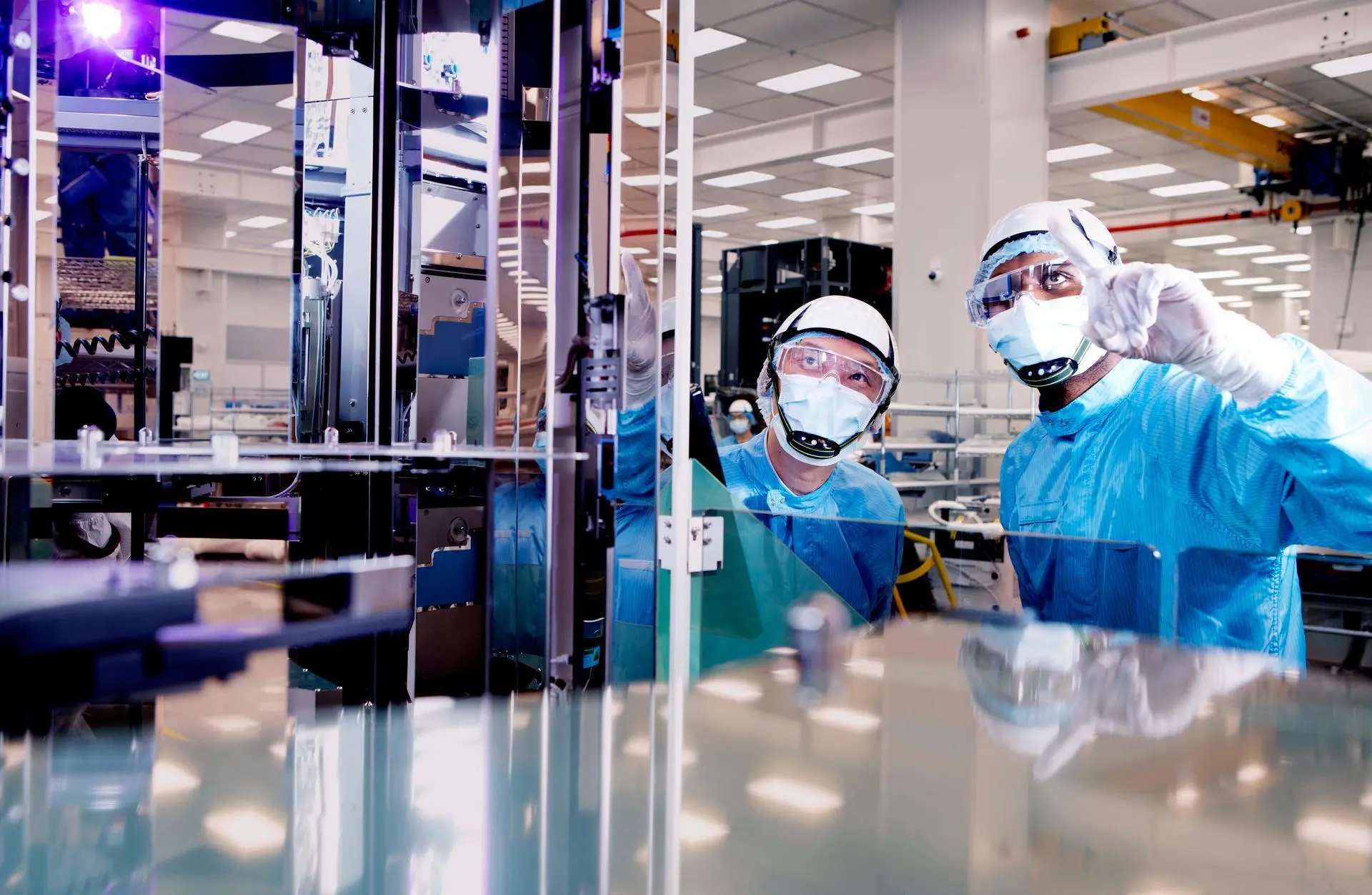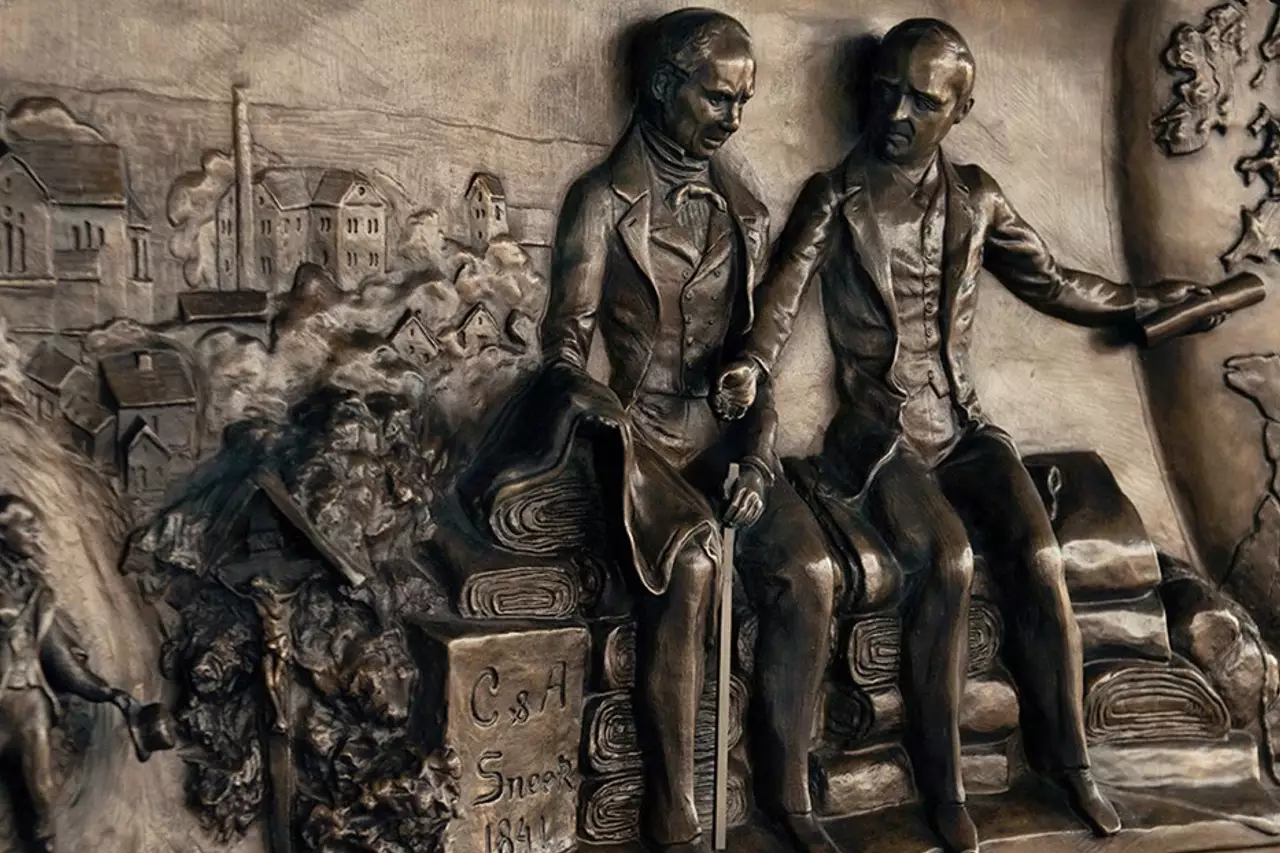The Road to CHRO/CPO: Career stories of People Leaders

Edyta Jakubek is the Chief People Officer at ASM and a key member of its Executive Committee, shaping the people strategy for one of the world’s top semiconductor equipment suppliers. With 25+ years in HR leadership experience across global companies, she’s known for her sharp strategic acumen and ability to drive transformation.
Before ASM, Edyta held senior roles at Royal Philips, AkzoNobel, and Heineken. Growing up in Poland, she learned early how to anticipate and adapt, skills that have shaped her leadership style.
She holds a master’s in law and sociology from the University of Gdansk and completed the Executive HR Program at Michigan University. Passionate about HR’s business impact, she believes future CHROs must combine business acumen, integrity, with a constant drive to evolve.
Did you always know you wanted to lead, or did leadership just find you along the way?
I’ve never shied away from accountability or a challenge. Growing up in Poland, during the time of Communism and Martial Law, as the oldest of 3 siblings, I had to take on a lot of responsibility for the family at a young age. My life experiences shaped me, instilling in me this superpower of being able to anticipate and lead.
“I’ve never shied away from accountability or a challenge. Growing up during Communism in Poland, I had to take on responsibility at a young age, which shaped my ability to anticipate and lead.”
How did you prepare yourself for the role of CHRO?
I was ready to shape the people and organization aspect of a company. Once I made up my mind, I reflected on what the right environment would be for me and set 2 criteria.
First, it had to be a high growth environment. I already had a lot of experience in legacy industries and I wanted a new challenge. Second, I wanted to be able to make a real impact. Meaning that whichever CHRO role I stepped into, I would need to feel empowered to make a difference for the business; co-lead the business with my Executive colleagues and not just be a functional executor.
Once my criteria were clear, I started to observe the market to see what’s possible. And then ASM called. There must have been a bit of magic, because the company had already been on my radar for a while and was one I very much admired. Since my time at Philips I have always been interested in the tech space and enjoyed the honesty and straightforwardness that comes with working with Engineers.
When do you know you are making an impact?
When I see that with the Executive Committee we are shaping the organization, its capabilities and growing the next generation of leaders.
At ASM, 3 months into my role as CHRO I was asked to shape the People Transformation Strategy for the next 4 years. This strategy is now our backbone. I also have a trusted partnership with the CEO, which allows me to have an impact in an agile, high quality way. This means that we could design and implement game changing initiatives, such as a culture evolution and transformation and leadership at scale. We have designed and implemented game-changing initiatives, such as a culture evolution, and leadership at scale.
This agility and speed of change is crucial in ASM’s high-growth environment, where the company has doubled its revenues within 2.5 years and hired 2,500 highly qualified employees over the past 2 years alone.
Which skills and capabilities do you feel CHRO’s of the future need to have?

- Business acumen; without that you are carried by your functional agenda. You can have a great story on talent management, culture, leadership etc. but if it’s not anchored in the business it won’t have a lasting impact.
- Understanding that what got you here, wont get you there. Life is not static or linear so you need to constantly ask yourself when you need to reframe from your current mindset and ways of working, and how to strengthen your resilience and endurance to build the ability of self-renewal and resilience.
- Integrity; you need to speak your mind, set the interest and benefit of the enterprise first, walk your talk and be constructive and honest in your feedback. Striving for genuine harmony leads to long-term success.
What’s your no-nonsense advice for someone who wants to be in your shoes one day?
Know your company’s P&L, identify key value creation drivers, understand the competitive landscape and get under the skin of the business. I am never going to be a software engineer or chemical engineer but I do understand the value creation of ASM.
Once you grasp this, you can better align your strategies with business development and customer needs. This will help you determine what to focus on internally, what to outsource, and what to automate, ensuring that your efforts are directed towards areas that truly drive value.
“What got you here won’t get you there.”
Interview by Joan Beets
 Joan Beets, in her global corporate career that spanned 15 years, worked across industries (Oil&Gas, Staffing, Food Ingredients) and functions (HRBP, Talent, Change Management and HR Strategy) for large multi-national organizations. Joan have opened and closed offices in Asia and Europe, led the development of a contingent workforce framework to support multi-year Engineering projects, drove the HR aspects of a business transformation of a Global IT organization, developed and implemented a Global Mobility strategy and led the change management process of the transfer of on-site HR services to a shared service model in Europe and North America (incl. roll out of a new SuccessFactors platform).
Joan Beets, in her global corporate career that spanned 15 years, worked across industries (Oil&Gas, Staffing, Food Ingredients) and functions (HRBP, Talent, Change Management and HR Strategy) for large multi-national organizations. Joan have opened and closed offices in Asia and Europe, led the development of a contingent workforce framework to support multi-year Engineering projects, drove the HR aspects of a business transformation of a Global IT organization, developed and implemented a Global Mobility strategy and led the change management process of the transfer of on-site HR services to a shared service model in Europe and North America (incl. roll out of a new SuccessFactors platform).




